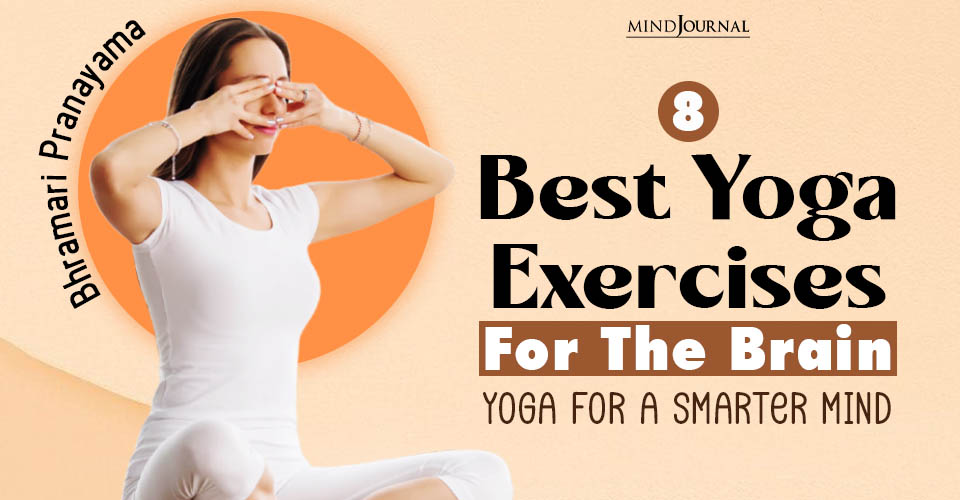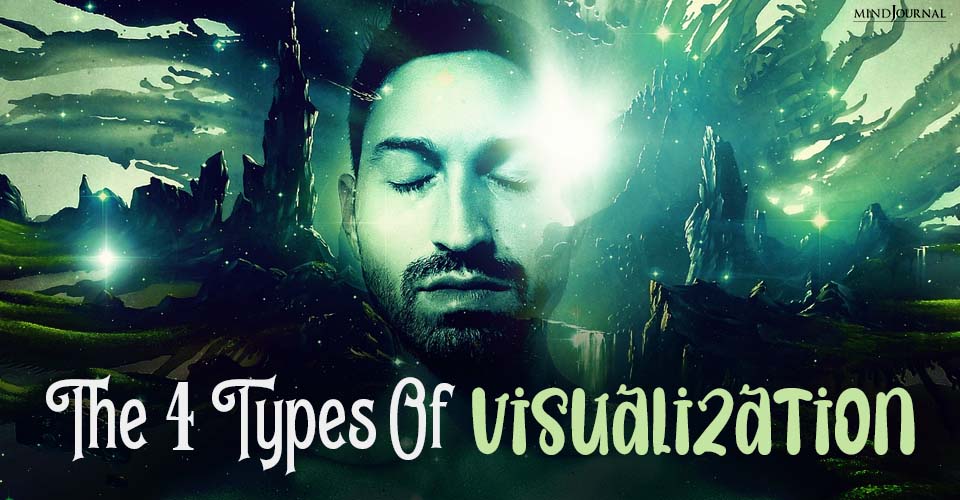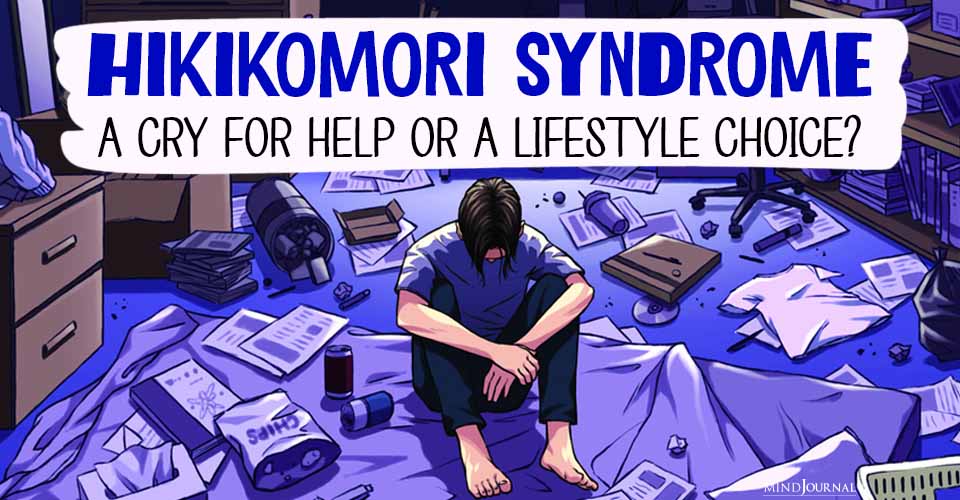Someone asked me recently what my favorite self care strategies are. It seemed like a reasonable question until I realized that I had no idea what the answer is.
I drew a complete blank. Which is weird, because I’m a mental health activist and I spend a lot of time thinking about how to take care of myself as a person with mental and physical health issues. So why would I not have some go-to self care strategies?
I thought about it for awhile and I realized that I don’t really believe in self care, at least in the way the term is widely used. The common definition of “self care” is based on an individualist paradigm that puts too much emphasis on the self, and justifies a whole bunch of crap.
Self care vs. coping
What does the term “self care” bring to mind for you?
The term “self care” is defined by Wikipedia as “any necessary human regulatory function which is under individual control, deliberate and self-initiated….In modern medicine, preventive medicine aligns most closely with self care.” Essentially, self care is the primary responsibility that each (adult) human has for their own well-being, and the action they take in order to ensure that well-being. So, deciding to get enough sleep, to eat better, or making yourself go to the doctor, are all acts of self care.
It sounds simple and obvious enough. Until you realize that many people are actually really bad it. Men, especially, be pretty terrible at taking responsibility for their own health and well-being, and women are expected to step in and do that emotional labor for them.
Coping, on the other hand, is the things you do to get through a shitty time. Healthy or not. So, drinking to drown your sorrows, buying a new color of nail polish to lift your spirits, or spending a lot of time playing video games in order to ignore your feelings are examples of coping.
This is not to say that self care is good and coping is bad. But it’s important to make the distinction between the two. Self care is necessary, always. Coping is just about getting through your day, and it’s only necessary if you’re having a shitty time.
The co-opting of “self care”for consumerism
There’s a problem that happens when we confuse “coping” with “self care”. Consider a person with severe depression who is just trying to survive. Maybe they have a lot of trouble eating properly. So they eat a lot of pizza, because it’s the thing that they can get easily and convince themselves to eat. That’s coping. (And again, there’s no judgement here. Sometimes you have to do what you have to do to get through your day).
Coping is, unfortunately, a part of life under capitalism. Our basic needs are not being met, and we have to do what we have to do to get through life, hoping that someday, things will be better. Eating a lot of pizza might be a good way for that person to get through their day. But nobody would argue that eating a lot of pizza is a healthy dietary choice.
Using the word coping implies a recognition that the strategy should be a temporary measure. Coping is what you do until you find a way to be healthy in a sustainable way.
The term “self care” gets thrown around all the time when what we are really talking about is coping. Sometimes this idea is disguised by using terms like “retail therapy” or a “girls day”. Advertisements use phrases like “you deserve it” to remind people (and especially women) that they’ve worked hard and could use a break.
Using the term “self care” instead of “coping” justifies the ongoing nature of it. Calling it “self care” or saying “I deserve it” makes it sound like it’s as natural and necessary to life as making dinner.
But what if it’s not necessary? What if we’ve just been duped by capitalism into believing that it is?
This doesn’t only happen in mainstream consumer culture. I’ve witnessed activists who claim to be pro-labor and pro-environment spend lots of money on dresses and unnecessary clothing made in sweatshops, all in the name of “self care”. When it’s not disposable clothing, it is expensive but unethical pieces of furniture, gadgets, and trendy decor for their homes. I’m guilty of this too.
The result of this is that we end up spending a lot of resources on unnecessary things, even as we are trying to work for a less wasteful and anti-consumerist world.
We’ve bought into the consumerism that we claim to oppose.
This economy was designed to keep us dependent on consumer culture. Raptitude has a great explanation of this, which argues that capitalism has put workers into a trap where we rely on consumption to get through the day, to get to our next work day, just so that we can consume more. Using the term “self care”, when we really mean coping by spending money or wasting time, is just a way of justifying consumerism that hides behind a narrative of health.
So what is real self care?
Obviously not all coping is unethical. Coping sometimes means crying on someone’s shoulder, or spending time with animals, or drinking warm milk. These are not inherently unhealthy or unethical things. But we should be honest about what is a temporary thing to get through your day, and what is self care.
Self care, again, is about taking responsibility for your own health and well-being. It means being aware of what choices you have and what you’re doing that’s good for you and bad for you, and doing what’s possible (within the boundaries of what’s accessible for you) to keep yourself healthy. That’s self care.
It might include coping, but it’s so much more than that.
The value of community care
But what if we can’t take care of ourselves?
The real problem is that self care is an enormous task. Nobody can take care of themselves 24 hours a day, seven days a week, 365 days a year. It’s just not possible. We know that’s true of children and the elderly, but for adults who think of themselves as competent, it can be a difficult thing to recognize.
Capitalism, and the individualism that supports it, have made us believe that as adults we have to take care of ourselves (and maybe our romantic partners). And so in order to get through it, we cope. We buy things we don’t really need, we eat out, and we shop for shiny new things. Because that way, it feels like we’re doing it all by ourselves. We believe that by paying for stuff, it means we’re taking care of ourselves, like capitalism tells us we are supposed to.
Do we really need that though?
Eating healthy and ethically is something I think about a lot. I like to cook, and I have some specific dietary needs that I need to follow in order to have enough energy most of the time. But it’s a lot of work. Sometimes, this means I eat takeout more often that I maybe should, and I end up wasting money and buying unsustainable food (that is still good in a dietary sense) because it’s more convenient. It’s a coping mechanism.
One way to get around this, however, has been to get other people to cook for me. This is still self-care, in a way, because I’m taking responsibility for it. But I’ve delegated that responsibility for one night a week to somebody else who knows my dietary needs and has the capacity and willingness to help me out.
This is community care.
Of course, when I started doing this, it seemed odd. Why do I, an “independent“, mostly healthy woman with a good job and a house, need friends to come cook for me on a regular basis? Isn’t that something usually reserved for sick people or family?
Why does it seem weirder than ordering takeout?
Because instead of relying on my wages/capitalism to make dinner when I can’t, I’m relying on my community.
Community care means that we do things for the people around us. My friends come over and make dinner for me, but it’s not a one-way street. I handmade some cosmetics for the same friends, and let them have lots from my garden harvest last summer. We don’t keep score – we just take care of each other when we can and when it’s needed.
It sounds so simple, but here’s the big secret: community care can make our unsustainable coping mechanisms obsolete. If we can build a culture of community care, where people’s needs are met through each other, coping becomes unnecessary. We can cut down on waste. We can make our communities sustainable.
I am not saying that we shouldn’t take care of ourselves. We all have to take responsibility for our own health. But asking for help is a really essential component of (real) self care that is too often overlooked. And we need to be willing to step in and help others in a tangible way, too.
We can, and must, rely less on our wages and on capitalism, and more on each other.
An article was recently circulating on social media about the importance of friendships when you’re single (and especially a single woman) in a world built for couples.
This issue can be expanded beyond singleness to the problem of the nuclear family/traditional monogamy. We are taught that we are only responsible for those in our unit – so if we need more help than they can give us, the only socially acceptable option is to pay for it.
We don’t need capitalism to survive. We can build the alternative.
It starts with prioritizing the well-being of the people around you. Offering to help. Making things instead of buying them, and giving away what you can. When you’re having a shitty time, ask for help before you decide to spend money. And if you’re not having a shitty time, offer to help others when you can.
Being able to rely on each other is the single biggest thing we can do to reduce stress, anxiety, and depression in our lives. But it won’t work unless we are all willing to think about what we can do for each other. Not just for our closest friends, but for everyone around us. Community care means making the community’s well-being our first priority.









Leave a Reply